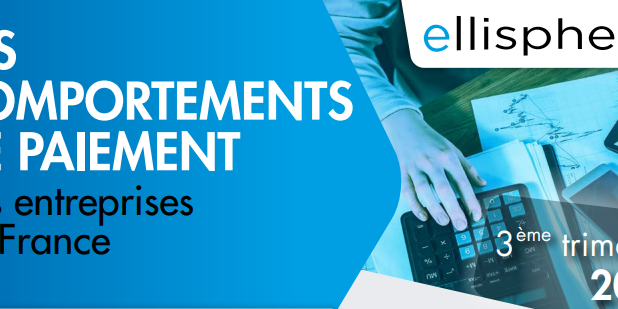The major concern of the credit manager is to avoid defaults. With Covid, the credit analysis based essentially on the financial analysis of the accounts of the companies of the year 2020 is no longer sufficient in the decision of outstandings of difficult cases or of sectors in recovery.
This reality obliges credit managers, in order to make a factual judgment, to seek other information on the company for 2021, on the sectoral risk, on how the company will finance its post-Covid recovery, on the use of the aid obtained, and even on the recapitalization of its equity capital to meet its financial commitments.
Confidentiality of accounts, not always a wise move for companies, especially in these troubled times...
This need for additional information is also accentuated by the decreasing availability of corporate accounts. In 2020, out of the 1,253,000 published corporate accounts in France, 60% have chosen "total" or "partial" confidentiality of accounts. Generally, three situations encourage entrepreneurs not to publish annual accounts or to file a confidentiality statement:
- The company's accounts are negative or declining: some companies do not want to report an unfavorable balance sheet that would limit their outstanding customers, because it is known that the majority of failures are due to insufficient cash flow or equity capital
- The company has just been created and has not yet "stabilized" its situation
- The company does not want to reveal strategic information to a competitor, customer or supplier.
For the credit manager, as soon as a company opts not to publish its accounts or asks for the confidentiality of its income statement, it leaves the door open to suspicions, sometimes unfounded, about its financial health.
EMPs could jeopardize the rebound capacity of highly indebted companies
In recent months, the health crisis has had a major impact on the activities of very small businesses and their ability to meet their financial commitments. The State Guaranteed Loans (SGP) have given companies a breath of fresh air in their cash flow.
However, this support measure has increased the debt levels of companies. It should be remembered that the EMP is no more and no less than a bank loan, at relatively low rates. In June 2021, Bercy estimated that the total amount outstanding to some 680,000 companies during the pandemic was around 138.3 billion euros. However, these support measures after a loss of business income have increased the debt levels of already highly indebted French companies.
With the return of the markets to normal, it is important to know that a company must have the capacity to finance the growth of its sales or risk disappearing. It can do this either by using its cash flow, by increasing its equity, by outsourcing its receivables (factoring), or by taking on debt through bank loans.
Thus, the credit manager who wishes to have an idea of the health of a company must judge the balance between available cash, debt, and equity. Indebtedness is not fundamentally harmful since it allows the company to grow, but it is its excess that poses a problem. As for the acceptable level of debt, there is no rule. It varies according to the sector of activity. The pandemic thus leaves companies even more vulnerable to their excess debt.
A volatile, uncertain, complex and ambiguous environment to be mastered by the credit manager when making a credit decision
Thus, with the pandemic, the environment of the solvency of companies for the credit manager can be compared to the VUCA model (VICA in French) - Volatile, Uncertain, Complex, Ambiguous. And this is all the more true in this period of economic recovery, during which most sectors of activity are confronted with supply disruptions due to supply problems, stock shortages and labor shortages. It should be noted that the French GDP, after having declined by 8.3% in 2020, should rebound this year by 5.9%. In the context of this positive market dynamic, the question arises as to how companies can finance this recovery and recruit.
What does this mean?
Excessive debt, already a concern before the crisis, has increased for companies during the pandemic. Moreover, the scarcity of information on companies' annual accounts in a troubled economic situation raises the question for the credit manager of granting loans to high-risk companies. This questioning requires several pieces of information on these companies:
- Their level of cash flow as well as their degree of bank indebtedness and consumption of state aid
- The dynamics of their sector in order to measure the sectoral risk and the sensitivity of the activity to this recovery



